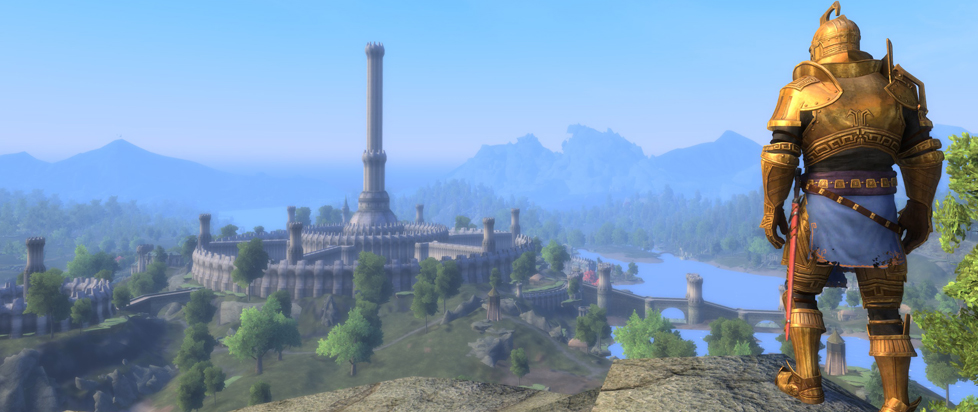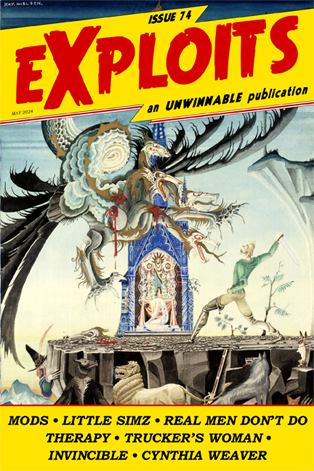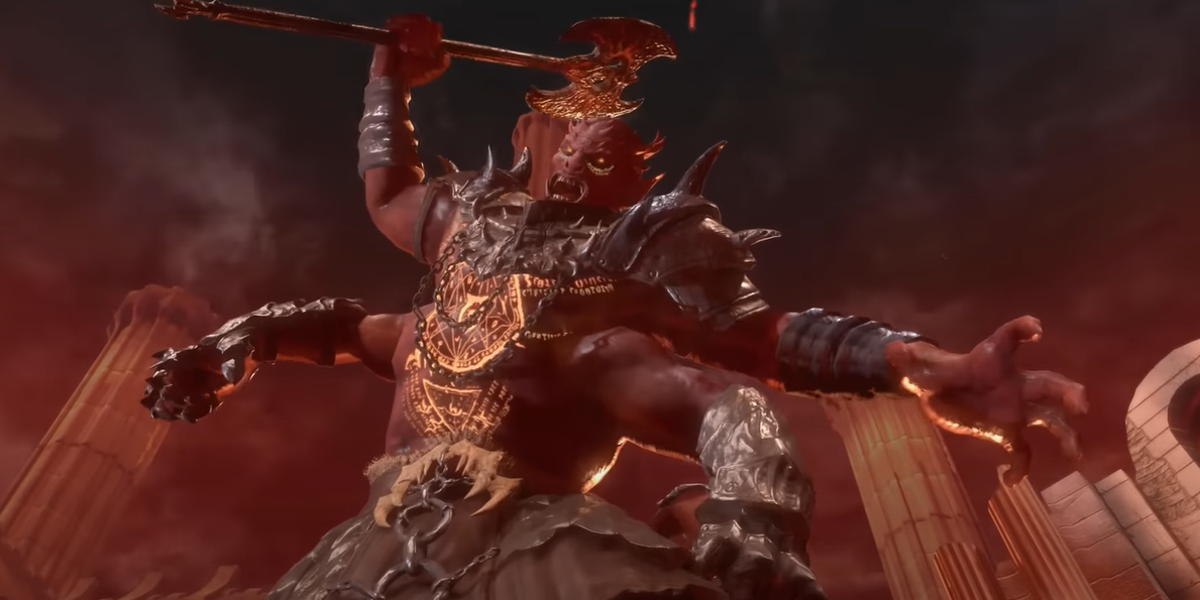
The Impossibility of Mods Makes Them So Valuable
 This is a reprint of the feature essay from Issue #73 of Exploits, our collaborative cultural diary in magazine form. If you like what you see, buy it now for $2, or subscribe to never miss an issue (note: Exploits is always free for subscribers of Unwinnable Monthly).
This is a reprint of the feature essay from Issue #73 of Exploits, our collaborative cultural diary in magazine form. If you like what you see, buy it now for $2, or subscribe to never miss an issue (note: Exploits is always free for subscribers of Unwinnable Monthly).
———
Any videogame that actually manages to release is nothing short of a small miracle. The intricacies of the medium have grown so vast and complex that the biggest titles cost millions and are developed by tens of thousands of creatives working tirelessly. So that begs the question: why would anyone do it, with minimal support, working uphill against someone else’s code, for free?
Mods have always been a divisive yet crucial facet of the gaming space. Without mods, you don’t have Counter-Strike, The Stanley Parable or the MOBA genre. As funny as it is when someone finds a way to swap out Spider-Man for Kermit or Shrek or a toilet (or he’s naked), the reality is, mods can be much more powerful than generating memes.
Just the other day, I was browsing online and came upon a mod for Treyarch’s Spider-Man. That’s the first tie-in game they made based on the Raimi trilogy. There are no tools for modding Spider-Man. This is someone shooting in the dark, making the impossible happen, because they’re annoyed that Green Goblin – who you can unlock as an alternate playable character – lacked some of the abilities he had when fought as a boss. They’re currently at version 3.0 of this mod.
Now picture the sheer number of hours going into something like Skyblivion, which is recreating the entirety of Skyrim’s predecessor, and has to try and support the original release, and two re-release versions. Or Halo SPV3, an ongoing total overhaul of Halo that’s been worked on for longer than The Master Chief Collection. That’s not just programmers but modelers, animators, voice actors, testers. These are profound works of art that extrapolate from the foundations poured by professional developers.

What’s more, many mods keep classic games viable. Daikatana was rightfully roasted at launch, but the fan patch for it makes it genuinely fun and still playable on modern hardware. The recent Dark Forces remaster wouldn’t have been possible without years of reverse engineering from its fans to source port it. Just Cause 2’s fan-made multiplayer was so incredible the developers gave the official nod and support to the modders.
Still, it’s not hard to understand why some developers see people rooting around places that they thought were closed off and panic. Capcom’s embarrassment over a nude mod being seen in an official fighting tournament is valid – even if that’s far more on the tournament participant than anyone else. Yet fighting modders with lawsuits or locking them out of the code isn’t the way to improve this situation.
As platforms like Steam – and to a lesser extent, Xbox – start to welcome mods as a concept, they’re ensuring not only legitimacy, but better moderation. A modder might not realize the potential controversy of a GTA Hot Coffee mod, but platform holders do, and they can better highlight outstanding projects. Valve has even officially endorsed some Source engine mods as commercial projects. While monetizing mods is its own weighty topic, it’s a considerate step they’ve taken respectfully and delicately – which is how these miraculous, tireless fan creations need to be handled. Not with the mallet of legal notices and takedowns, or antagonistic patches that intentionally break compatibility with mods, but a tentative, reasonable conversation that brings the best of these wonderful efforts to the top.




